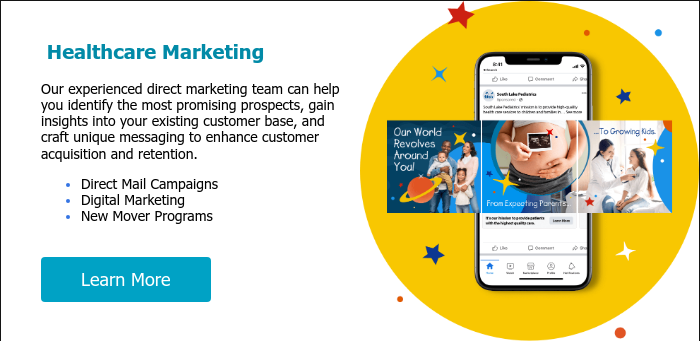What You Can and Cannot Say in Healthcare Marketing: A Guide for Staying Compliant
Streamworks Blog

Marketing in the healthcare industry comes with a unique set of challenges. Unlike retail or tech sectors, healthcare marketing is highly regulated due to the sensitive nature of the services involved. Understanding what you can and cannot say is not just a matter of ethics, it’s also a matter of legal compliance.
Below, we’ll help you understand the key dos and don’ts to crafting compliant, effective messaging.
✅ What You Can Say in Healthcare Marketing
- Factual and Verifiable Claims
You can describe your services, products, or treatments if your claims are accurate and supported by credible evidence. For example:
-
- “Board-certified surgeons with 15+ years of experience.”
- “FDA-approved for use in treating Type 2 diabetes.”
Be sure all statistics, testimonials, and treatment outcomes can be substantiated. Your audience should be able to trust that every claim you make is both honest and evidence-based.
- Educational Content
Providing information about medical conditions, treatments, or health tips is encouraged. Make sure to keep the information balanced and informational.
-
- “Here’s what to expect from a routine colonoscopy.”
- “Understanding the early signs of stroke.”
Maintaining a neutral tone helps establish trust and therefore positions your organization as a thought leader.
- Patient Testimonials (With Conditions)
You can use patient testimonials but only with written, HIPAA-compliant consent. Ensure they are genuine and not edited in a way that could be considered misleading. While obtaining consent can be time consuming, it builds trust and helps your audience better understand the impact of your care.
- Accreditations and Certifications
Emphasize your affiliations with reputable institutions, awards, and recognitions (e.g., Joint Commission Accreditation, “Top Doctor” listings). Provided you do not imply guarantees of results, this can be an effective way to attract patients seeking high-quality care.
❌ What You Cannot Say in Healthcare Marketing
- Guarantees of Outcomes
Never promise results such as “cure-guaranteed” or “100% effective.” Patient outcomes vary, and making such promises can be considered deceptive advertising.
-
- “We guarantee you’ll lose 20 lbs. in 30 days.”
- “Permanent relief from arthritis—guaranteed!
Even with a perfect track record, the future is always unknown. Making promises in the healthcare field can result in serious legal consequences, so it's safer to stick to general statements.
- Misleading or Exaggerated Claims
You cannot overstate the benefits of a procedure or underplay the risks. Even if a procedure is typically successful, every patient is different.
-
- “No pain, no downtime!”
- “This treatment works for everyone.”
- Unsubstantiated Comparisons
Avoid statements that compare your services or practitioners to others without clear, objective evidence.
-
- “We’re the #1 hospital in the city” (unless backed by a specific ranking or source).
- “Better than any competitor!”
- Using Protected Health Information (PHI) Without Consent
Don’t share anything that could identify a patient unless you have their clear, written permission. This includes names, photos, dates, or any details that could link back to them. Sharing PHI without consent can lead to serious consequences so when in doubt, leave it out.
Final Thoughts: Trust is Your Greatest Asset
Healthcare decisions are deeply personal and often high stakes. Clear, honest, and compliant communication is essential to maintain the trust and safety of your audience. By focusing on accurate, educational, and compassionate messaging, you can stand out for the right reasons.




